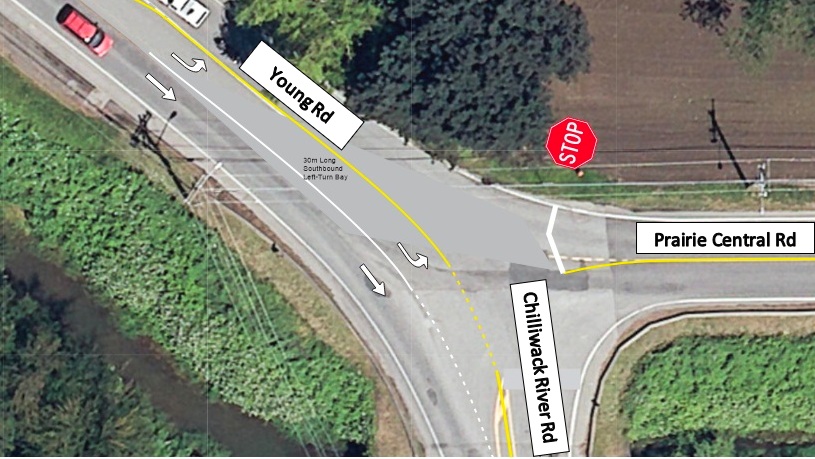Victoria – Universal Child Care has always been a testy issue. Who is going to pay for it and how effective will it be?
With COVID restrictions starting to ease and workers going back to work, child care is back on the front burner.
The introduction of the early learning and child care (ELCC) act and the early childhood educators (ECEs) act recaptures the momentum of the original BC Child Care Act introduced in 1996.
“Families have been experiencing child care chaos for too long,” said Katrina Chen, Minister of State for Child Care. “This legislation is an important step in our 10-year Childcare BC plan to give families access to quality, affordable child care. These proposed acts will reduce barriers to quality care, such as improving inclusive child care access and facilitating Indigenous-led child care, and will lay the foundation as we continue to build an inclusive, universal child care system for families.”
Once enacted, this legislation will move the province further along the path to achieving a child care system that meets the needs of B.C. families. These acts are part of the foundation for an inclusive, universal child care system in B.C. They will be adapted based on input from the child care sector, including advocates, families, First Nations leaders and Indigenous partners.
The proposed early learning and child care act:
- combines the Child Care BC Act and the Child Care Subsidy Act into a single act to signal government’s commitment to inclusive, universal child care and Indigenous peoples;
- supports the use of child care grants to facilitate Indigenous-led child care;
- supports the use of child care grants to improve the inclusiveness of child care;
- holds the Province accountable by requiring the minister to report annually on the actions it has taken, across government, to promote inclusive, universal child care;
- establishes a new regulation-making power that can set limits on child care fees, which, when enacted, will help keep child care more affordable for B.C. families; and
- sets the legislative foundation for an inclusive universal early learning and child care system. As that system grows and evolves, the legislation will expand to incorporate additional elements of that system.
The proposed early childhood educators act:
- takes the existing provisions from the Community Care and Assisted Living Act and Child Care Licensing Regulation governing early childhood educators (ECEs) and post-secondary ECE programs and puts them in a new statute dedicated to the ECE workforce under the responsibility of the minister responsible for child care;
- enables the creation of a public registry of ECEs, ECE assistants and approved post-secondary early childhood education programs;
- provides title protection for ECEs and ECE assistants, meaning only those registered with the ECE registry can refer to themselves in that capacity;
- gives the registrar authority to get the information needed to review complaints and complete investigations more quickly;
- reduces barriers to ECE certification by allowing the registrar to issue temporary certifications to ECEs who completed their education outside of B.C. and only need to meet a few additional requirements, so they can work while completing them; and
- provides clarity on roles and authorities related to recognition of post-secondary programs to ensure the continuation of high-quality programs, so students completing these programs have the competencies necessary to become registered as an ECE.






